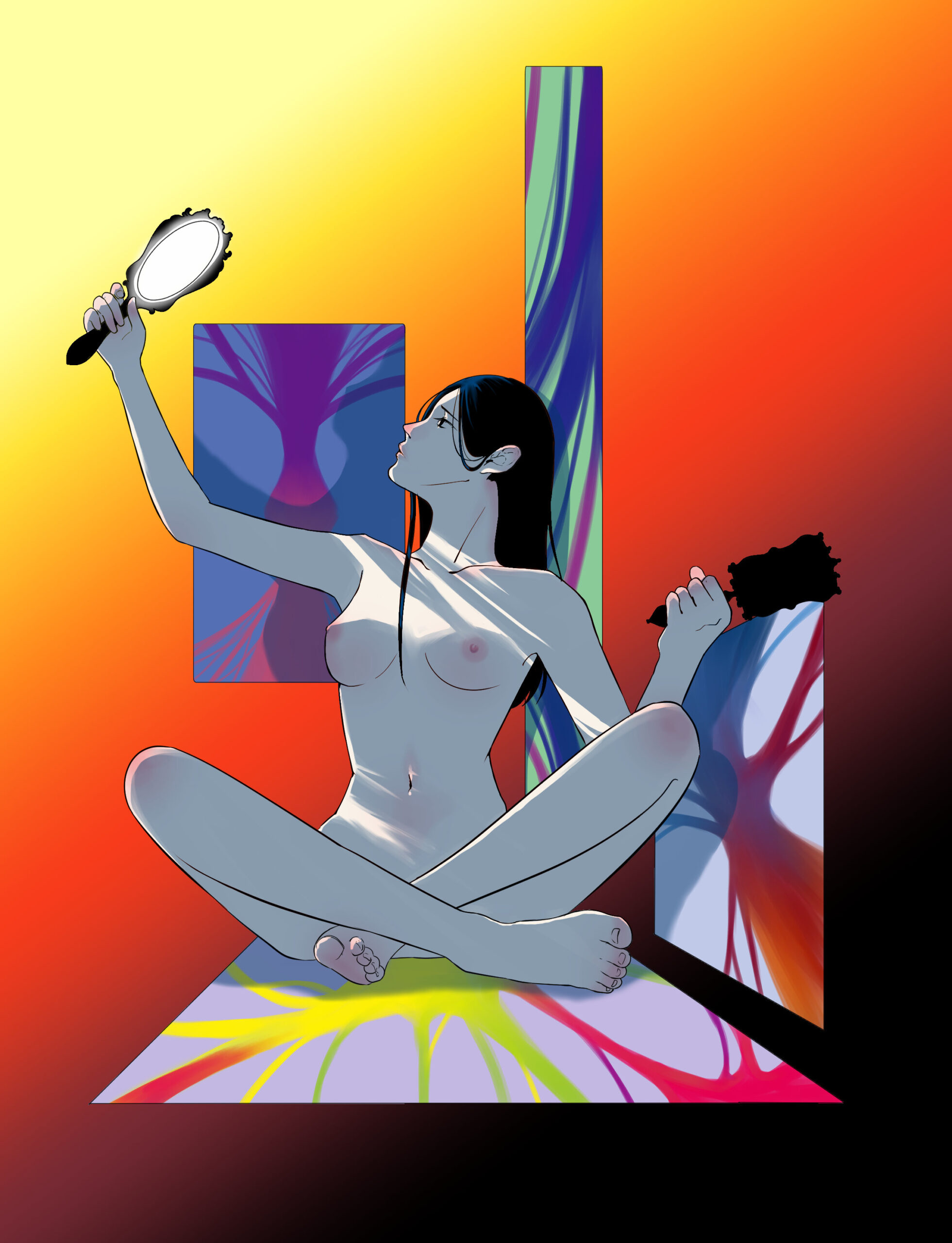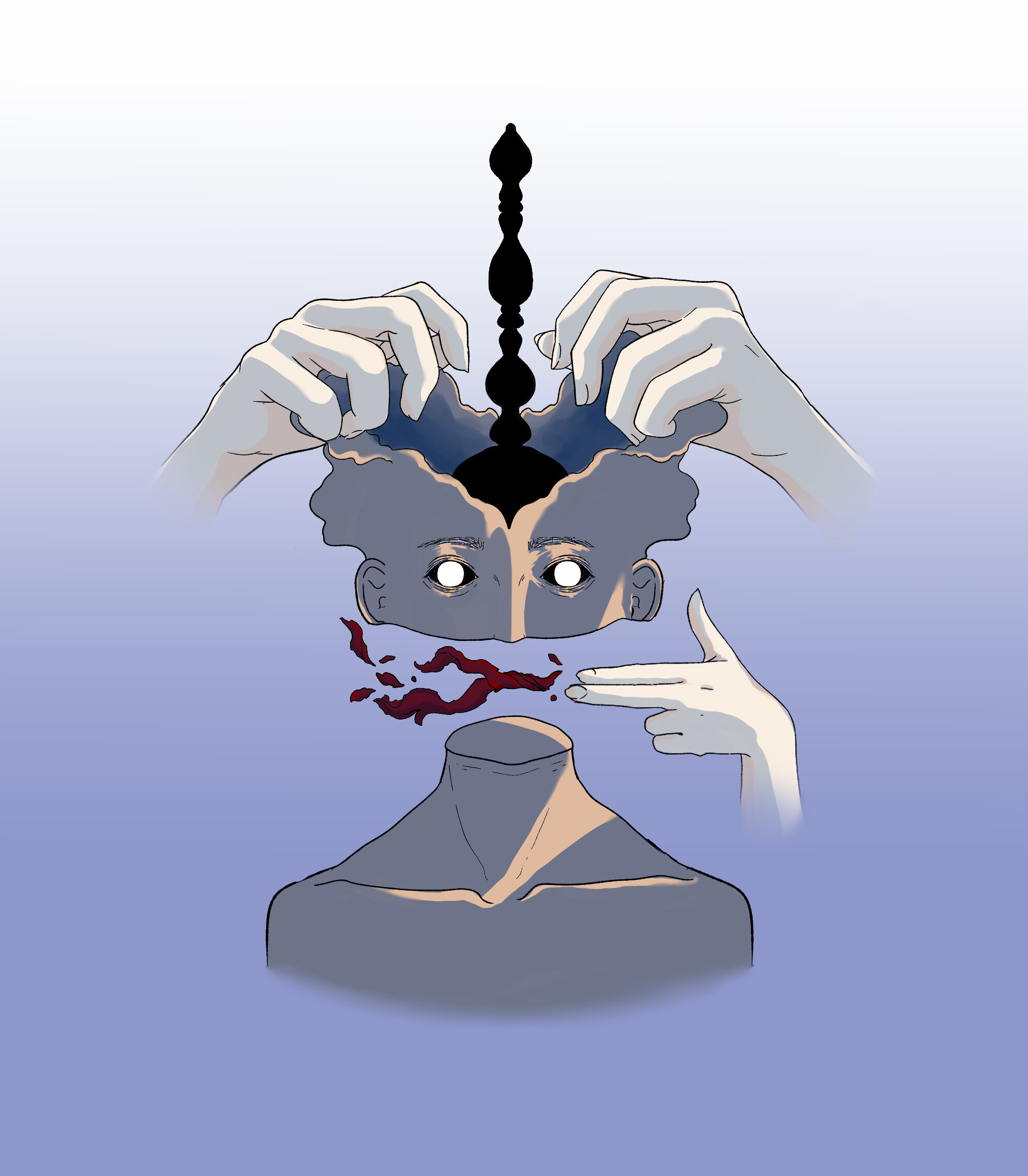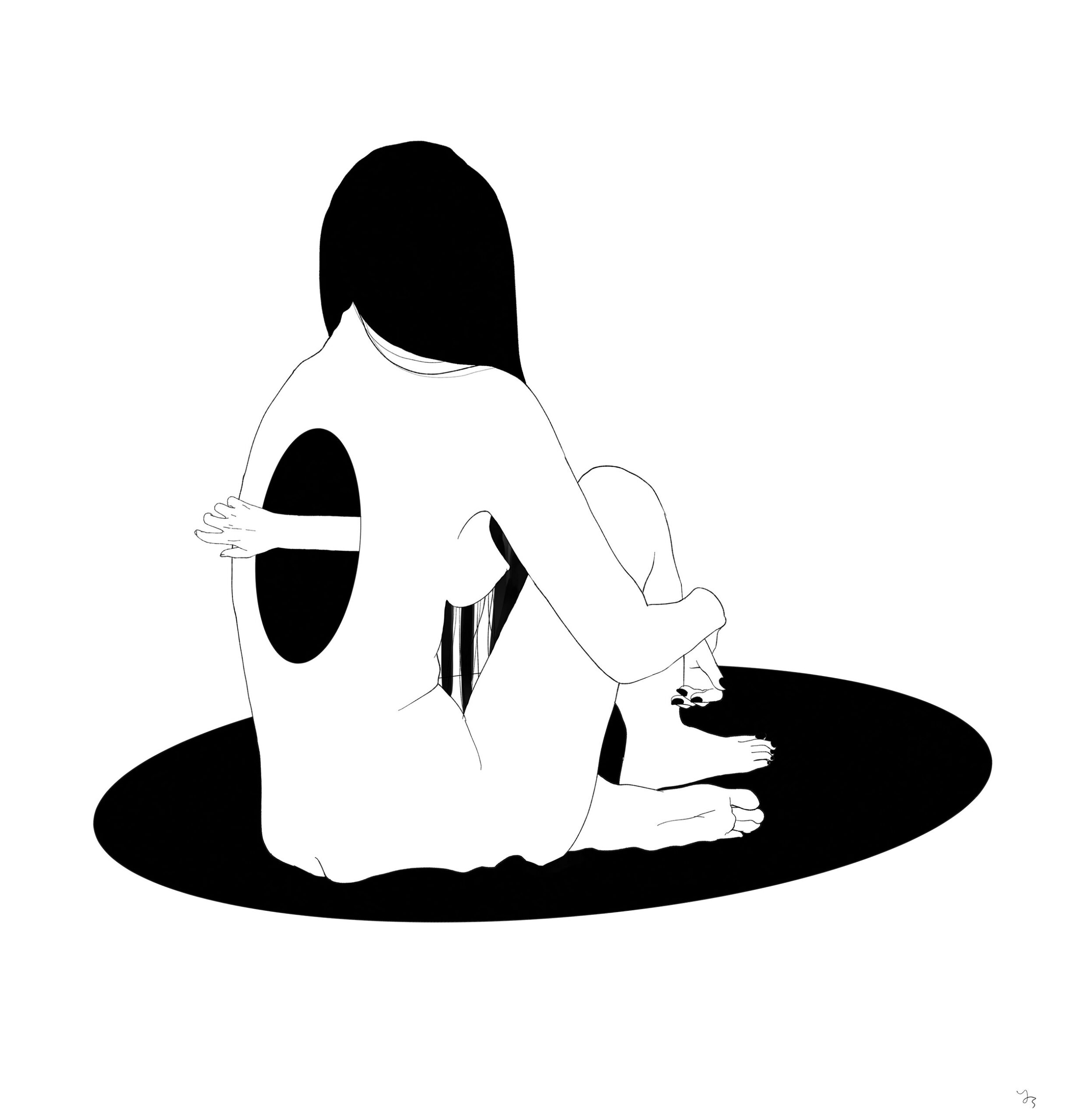Artist Biography
Isolation
I grew up in Yokohama, Japan with a fear of isolation. In Japan social withdrawal, which is termed “引きこもり” (Hikikomori), is viewed as an embarrassment, where one does not fit into society, is an outcast, or escapes from the reality of the world. During my adolescence, I feared my natural inclination to withdraw socially and instead pretended to be someone who I was not, just to fit in a social group, and not be deemed an outcast. At the age of fifteen, I convinced my parents to allow me to study abroad, to expand my social horizons, which gave me the opportunity to travel on my own to both Europe and the United States. In my travels, I met thousands of people with different backgrounds, who had their own beliefs about being on their own socially and were confident about themselves in being solo. The people I met and the experiences that I had, changed my perspective and way of thinking about isolation. With Covid-19 and the need for social isolation for our own health and safety, I was unable to be on campus for my senior year of college. It seemed natural and timely for the focus of my arts-based thesis to hone in on the theme of isolation. As a digital artist, technology has been my easiest creative tool to express my voice. The series, Isolation, represents my perspective on themes associated with isolation, from what I consider to be both negative and positive viewpoints. I hope my work will give people who feel anxious or concerned about being isolated, a chance to explore and examine the multiple perspectives within the themes of the subject matter in my art, thus allowing the viewer to feel more confident in identifying who they are.
Thesis Abstract
Digital Art Therapy and Social Withdrawal in Japan
This thesis explores social isolation, digital art, and Japanese culture. In Japan, more than one-million people experience social withdrawals, known in Japan as Hikikomori which is characterized by not leaving the home or going to work, and isolating oneself for a period of at least six-months. Due to its prevalence, social withdrawal has become a major social issue in Japan. With the technology generation on the rise and increase comfortability in using social media for creative expression and communication, the use of digital art making is as a mode of art therapy may be an accessible and meaningful method to express thoughts and feelings during a time of social withdrawal. For this thesis, the themes of social isolation, digital art, and Japanese culture were examined through a literature review and the use of digital art making as a creative and expressive tool was conducted. The artist / researcher created 12 hand drawn digital paintings with Clip Studio Paint Pro for Windows. In conclusion, this work suggests digital art making can offer a tool for creative self-reflection during a time of social withdrawal. Due to its accessibility and ease of use, digital art making in art therapy may offer a viable tool for individuals with Hikikomori or social isolation who are unable to engage in in-person art therapy. Further, digital art can serve a great tool during the covid-19 pandemic when people across the globe are looking for means of connection and modes creative expression.



